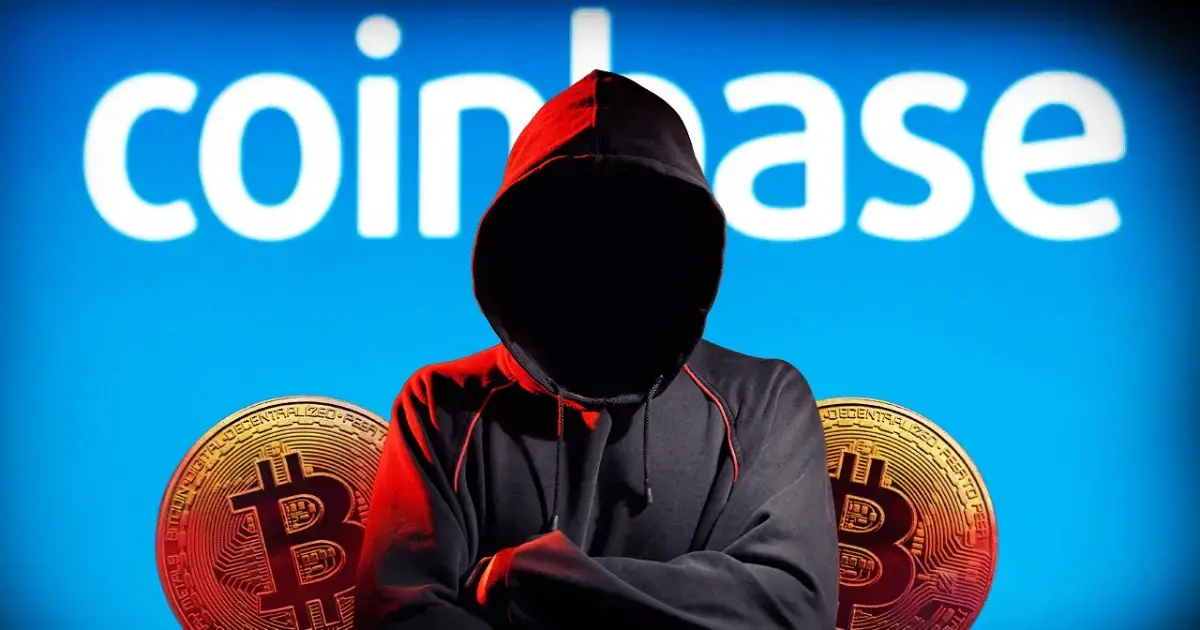Gemini founder blasts DCG as "a mess," with a $1.7 billion funding mystery
Written by: Mary Liu, Bitpush
At the beginning of 2023, the "mutual tearing" drama in the crypto circle has welcomed a new plot.
On January 2, Cameron Winklevoss, co-founder of the American cryptocurrency exchange Gemini, threw out an open letter accusing Barry Silbert, CEO of Digital Currency Group (DCG), of employing "malicious delay tactics." He claimed that DCG and its subsidiary Genesis Global Capital owed Gemini customers $900 million and that DCG's internal fund management was "a mess," borrowing about $1.675 billion from Genesis for other businesses within the group. The letter stated that Gemini had been waiting for a negotiated solution for six weeks, but the other party deliberately delayed the process and had not responded at all.

What is the cause?
Previously, the cryptocurrency exchange Gemini was recently embroiled in a class-action lawsuit, with investors accusing its Gemini Trust Earn product of being an unregistered securities sale.
Gemini Earn is a high-yield savings product that offers customers an annual return rate of up to 8% on crypto deposits, depending on the tokens held. Genesis is Gemini's main lending partner.
In November 2022, Genesis announced that nearly $175 million of its derivatives business was trapped on the FTX platform, and therefore it would suspend withdrawals and issue new loans. After Genesis suspended withdrawals, Gemini also halted withdrawals for Earn users.
Faced with the anger of customers unable to withdraw funds and impending lawsuits, Gemini was in a difficult position.
Winklevoss angrily criticized Silbert in the letter: "It needs to be made clear that this mess is entirely of your own making. DCG—of which you are the founder and CEO—owes Genesis (its wholly-owned subsidiary) about $1.675 billion, which is money that Genesis owes to Earn users and other creditors. You took this money to fund greedy stock buybacks, illiquid venture capital, and the reckless trading of Grayscale assets, which inflated the asset management scale of GBTC… Despite this, you still refuse to come to the table with us to discuss solutions, and you continue to refuse to agree to a timeline with key milestones. Every time we ask you for meaningful engagement, you hide behind lawyers, investment bankers, and processes. For six weeks, your behavior has been not only completely unacceptable but also unreasonable."
Barry Silbert's DCG is one of the largest and most well-known crypto groups in the world, owning Genesis, Grayscale, CoinDesk, Foundry, and Luno.
Winklevoss demanded that Silbert "publicly commit to working together to resolve this issue by January 8, 2023. We are ready and willing to cooperate with you, but your time is running out."
The $1.7 billion "struggle"
Winklevoss pointed out in the letter that DCG borrowed $1.675 billion from Genesis and cited comprehensive data shared by Silbert with investors last November, which included a $575 million loan maturing in May and an $1.1 billion promissory note related to the collapse of Three Arrows Capital maturing in June 2032.
Silbert refuted the claims about borrowing money from Genesis in a tweet, claiming that he recently sent a proposal to Gemini and Genesis, but Gemini did not respond.
Silbert responded: "DCG did not borrow $1.675 billion from Genesis. DCG has never delayed interest payments to Genesis, and all outstanding loans are current; the next loan maturity date is in May 2023. DCG submitted a proposal to Genesis and your advisors on December 29, but has not received any response." Silbert did not provide further details.

Genesis's troubles have raised questions about DCG's financial condition, but in various statements and tweets, DCG has tried to emphasize that it operates independently from Genesis and will not be affected by the FTX collapse. After Genesis suspended redemptions, DCG stated in a tweet, "This temporary action does not impact the business operations of DCG and our other wholly-owned subsidiaries."
Questions surrounding DCG's financial status have also had serious ripple effects on other companies in the industry. Dutch cryptocurrency exchange Bitvavo claimed that DCG was facing "liquidity issues," stating that it had €280 million ($297 million) "tied to" DCG, which accounted for 17.5% of its total managed deposits and other assets of €1.6 billion ($1.69 billion). However, a DCG spokesperson later refuted this to Reuters, stating that these funds were held by its "independent subsidiary" Genesis, not DCG.
Another part of the DCG crypto empire, Grayscale Capital, is also under pressure, as New York hedge fund Fir Tree Capital Management has filed a lawsuit against the company, accusing GBTC of "potential mismanagement and conflicts of interest." According to YCharts data, GBTC is currently trading at a negative premium of 47.54%, at a historical low.
The exact financial condition of DCG remains a mystery. Gabor Gurbacs, Director of Digital Asset Strategy at asset management firm VanEck, expressed his views on the DCG and Gemini situation on Twitter, stating: "In my personal opinion, this is the solution: DCG should sell equity and make Genesis creditors whole. This is an honest and prudent approach. My guess is that if there are willing sellers, there will be willing buyers, and serious buyers may want control."
Lumida Wealth Management CEO commented: "DCG cannot bring in VC at this time. My suggestion to the creditors' committee? Invite venture capital or private equity firms to join the creditors' side. Injecting new capital can solve these problems—the cost is massive dilution of DCG, but it benefits the ecosystem and employment."










